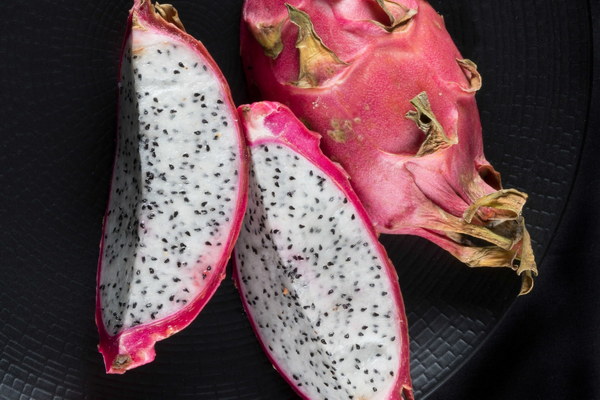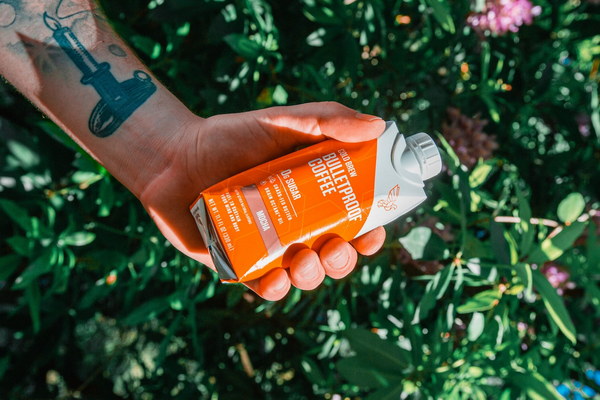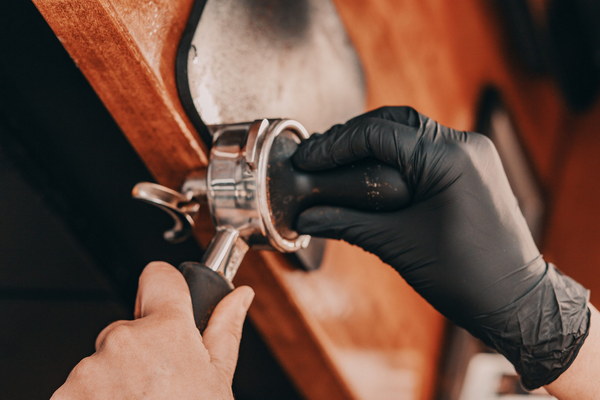Do You Need Liver Protection Medication Along with Yabos
In the realm of medical treatment, understanding the necessity of additional medications is crucial for ensuring both efficacy and safety. One such scenario involves the use of Yabos, a medication widely prescribed for various health conditions. However, the question arises: Do you need liver protection medication along with Yabos? This article delves into this query, exploring the potential need for additional liver-protective measures while on Yabos.
Yabos, a medication often prescribed for managing pain, inflammation, and fever, belongs to a class of drugs known as nonsteroidal anti-inflammatory drugs (NSAIDs). While NSAIDs are beneficial for their intended purposes, they have the potential to cause liver damage, particularly when used for prolonged periods or in high doses.
The liver plays a vital role in filtering and metabolizing medications, including Yabos. When you take Yabos, your liver works diligently to break down the drug and eliminate its byproducts. However, the continuous and excessive demand on the liver can lead to liver damage, manifesting as elevated liver enzymes or even more severe conditions like hepatitis.

To address this concern, it is essential to evaluate the individual's risk factors and medical history before determining the need for liver protection medication. Here are some factors that may necessitate the addition of liver-protective measures:
1. Pre-existing Liver Conditions: Individuals with pre-existing liver diseases, such as hepatitis, cirrhosis, or liver failure, may require liver protection medication to mitigate the risk of exacerbating their condition.
2. Chronic Use of Yabos: Prolonged use of Yabos, especially in high doses, can increase the risk of liver damage. In such cases, a liver-protective medication may be recommended to minimize the potential harm.
3. Concurrent Use of Other Liver-Damaging Drugs: If you are taking other medications known to affect the liver, such as certain antibiotics, antifungals, or chemotherapy drugs, the risk of liver damage may be heightened. In such instances, a liver-protective medication can help mitigate this risk.
4. Alcohol Consumption: Regular alcohol consumption can further strain the liver, increasing the risk of liver damage when combined with Yabos. Liver-protective medication may be advisable in such cases.
5. Genetic Factors: Some individuals may have genetic predispositions that make them more susceptible to liver damage while on Yabos. In these cases, a liver-protective medication may be recommended.
When considering liver protection medication, it is crucial to consult with a healthcare professional. They can assess your specific situation and determine the most appropriate course of action. Some common liver-protective medications include:
1. S-adenosylmethionine (SAMe): A natural compound that supports liver function and aids in detoxification.
2. Milk Thistle: A herbal supplement containing silymarin, which has been shown to protect the liver and enhance its regenerative capabilities.
3. N-acetylcysteine (NAC): An amino acid that helps replenish the body's stores of the antioxidant glutathione, which is essential for liver function.
4. Ursodiol: A bile acid derivative that helps reduce liver inflammation and supports bile flow.
In conclusion, the need for liver protection medication while on Yabos depends on various factors, including your individual risk profile and medical history. It is crucial to consult with a healthcare professional to determine the most appropriate course of action. By doing so, you can ensure the efficacy and safety of your treatment while minimizing the risk of liver damage.









